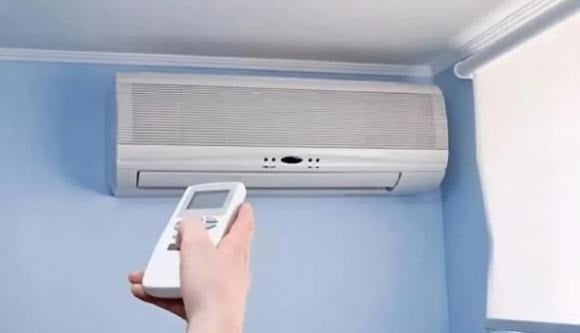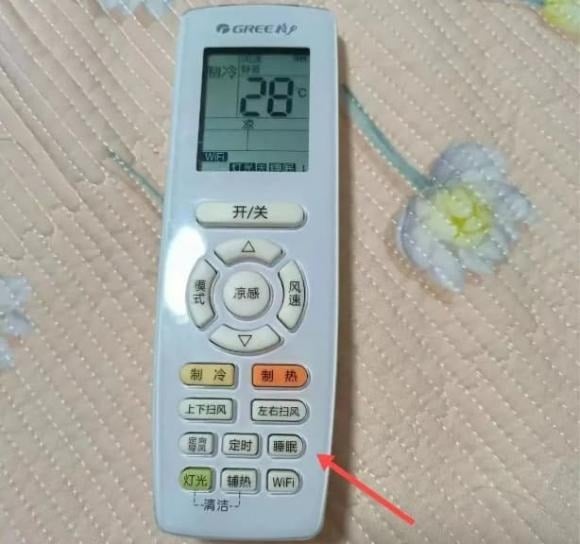Experts advise against setting the air conditioner to 26 degrees Celsius while sleeping. After reading this article, I realized the potential harm of this seemingly harmless habit and learned valuable lessons to improve my sleep quality and overall health.
To save energy, many people often search for tips on how to use air conditioning reasonably, and the most widely circulated tip is to “set the air conditioner to 26 degrees to optimize energy savings.”
Does turning the air conditioner to 26 degrees actually save energy?
While some believe that setting the air conditioner to 26 degrees will help save energy, experts suggest that this temperature during the night is not the optimal choice for either health or electricity bills.
In fact, the principle of energy conservation when using air conditioning is that the closer the set temperature is to the outdoor ambient temperature, the less energy is consumed. In the summer, when outdoor temperatures often exceed 30 degrees Celsius, the air conditioner should not be set too low. Instead, the ideal temperature should be around 28 degrees Celsius.

According to experts, for every one-degree increase in air conditioning temperature, about 8% of energy can be saved, and this slight difference hardly affects comfort. Compared to 26 degrees, setting the temperature to 28 degrees in the summer saves energy and makes the body feel more comfortable, especially at night.
At night, outdoor temperatures usually drop significantly, especially from 10 pm to 3 am, while our bodies are less active, and our body temperature also lowers. Leaving the air conditioner at 26 degrees all night can make you susceptible to colds, flu, or respiratory problems.
On the other hand, 28 degrees at night is considered a “balance point”—cool enough to fall asleep without heavy blankets, yet not too cold to harm your health. Additionally, to save more energy, you can switch the air conditioner to Sleep Mode, which automatically adjusts the temperature according to the time, aligning with your body’s needs during rest.
Tips for energy-efficient and health-conscious air conditioner usage
In addition to setting the right temperature, you can follow these tips for effective and energy-efficient air conditioner use while maintaining your health:
1. Use a fan with your air conditioner
When using the air conditioner, combine it with an electric fan to help circulate cold air evenly throughout the room. This cools the room faster and more efficiently. For example, when setting the air conditioner to 28 degrees Celsius and using a fan, you can still feel as cool as if it were set to 24 degrees.

2. Avoid constantly turning the air conditioner on and off
A common misconception is that constantly turning the air conditioner on and off will save energy. In reality, air conditioners consume the most energy when restarting. If you’re stepping out for a short period (less than an hour), it’s best to keep the air conditioner running at a stable temperature rather than turning it off entirely.
3. Adjust the airflow direction accordingly
When turning on the air conditioner, initially adjust the airflow upward. As cold air is denser, it will gradually descend, creating a convective flow that cools the room more evenly and rapidly.
4. Regularly clean your air conditioner
The dust filter in the air conditioner, if not cleaned regularly, will accumulate dust and dirt, reducing cooling efficiency and increasing energy consumption. Additionally, bacteria and dust can be harmful to your health. It is recommended to clean the filter at least once every three to six months.
5. Choose an energy-efficient air conditioner
When purchasing an air conditioner, look for one with a high-efficiency energy label—especially those that meet the new energy efficiency standard, Grade 1. These models tend to be far more energy-efficient than older or lower-grade ones.
6. Improve the room’s insulation
Minimize the entry of hot air from outside by checking and sealing gaps in windows and doors. Drawing the curtains during the day is also an effective way to reduce the heat from sunlight, making it easier for the air conditioner to maintain a comfortable temperature.





































